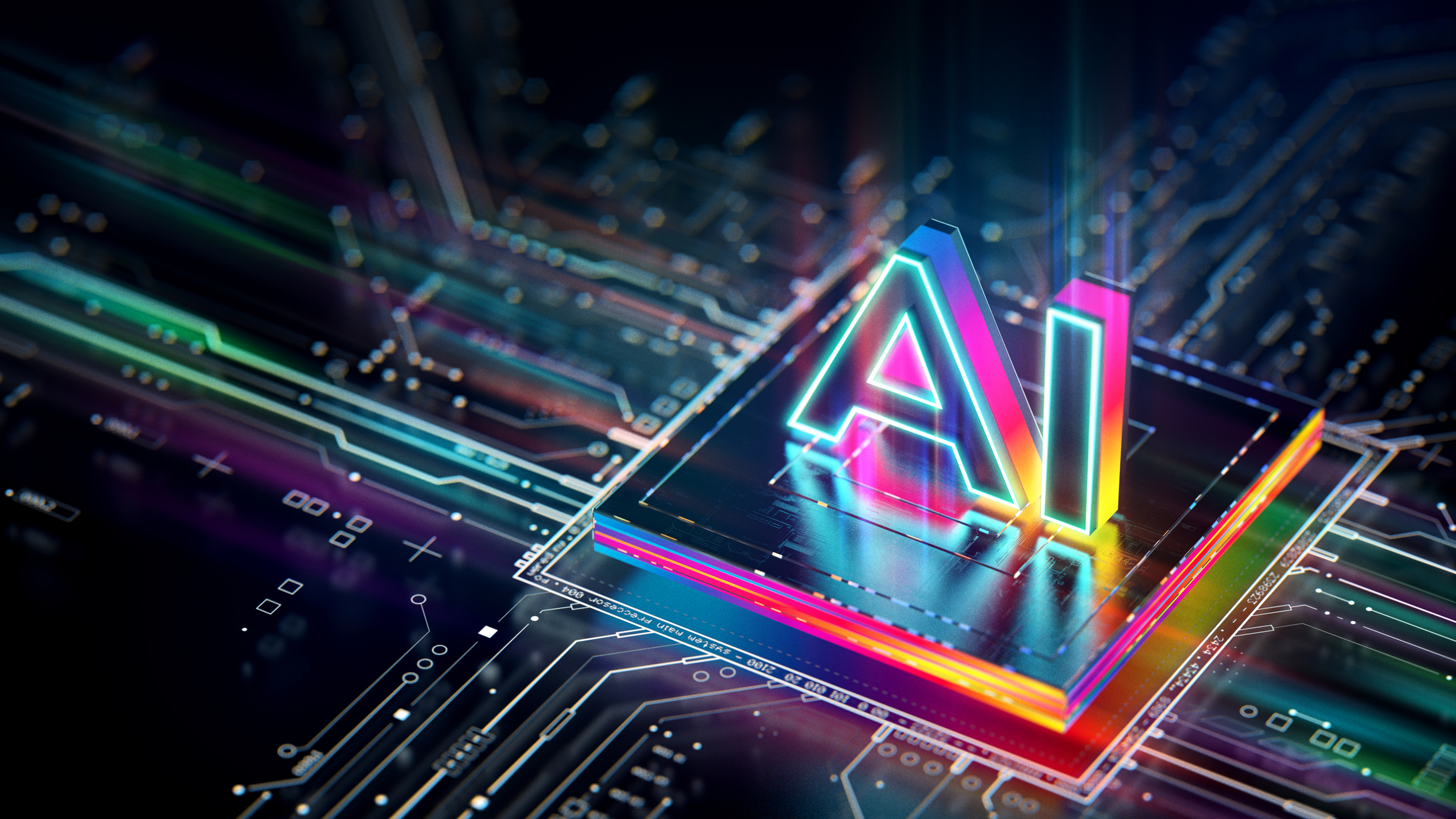7 Ways Artificial Intelligence Will Change the Workplace in the Future

"*" indicates required fields

The coming years will bring about fundamental changes to your workplace with the aid of emerging technologies like the internet of things and Artificial intelligence. Working in the future will present great opportunities and business hurdles. It will require employees and management to evolve through change as they learn about new technologies and practices during the digital transformation process.
In this post, we’ll share 7 ways artificial intelligence and other emerging technologies will affect the workplace in the future.
Let’s get started!
In this decade, companies will undergo datafication and digitalization. Digitalization is the process of converting information into a computerized format. For instance, you can convert text to HTML or photos into JPG. By doing this, you will increase the available data and capture more ideas in digital forms of transmission, manipulation, and analysis.
On the flip side, datafication involves revamping analog processes into computerized processes. It involves digitally transforming action into quantified data. Data-driven businesses can collect data from different processes and sources using the internet of things and artificial intelligence.
Datafication makes your workplace, products, and processes smart thus, making every process visible for monitoring, analyzing, and optimization. Sensors are much cheaper and easily available in the market today than they were in the last decade. As a result, more businesses can capture and preserve data consistently to improve their processes, thereby increasing the competition as well.
Here are 7 ways artificial intelligence will change the workplace:
Artificial intelligence is perhaps the most suitable technology to enhance the employee hiring process. AI can help quickly find what you’re looking for in potential candidates by scanning through thousands of social resumes and profiles. Moreover, it can interact with many candidates and extract the right talent for your company. Furthermore, companies can use artificial intelligence to check a candidate’s skill set and personality.
In futuristic organizations, humans and machines will collaborate progressively. According to Accenture, human-machine collaboration can generate 38 percent more revenue. Nearly 70 percent of leading entrepreneurs believe that this will help in accomplishing strategic goals quicker and more efficiently.
In large organizations, artificial intelligence will simplify capturing, finding, sharing, and maintaining knowledge among geographically dispersed employees. Even though gaining and dispersing knowledge isn’t a problem at this age, thanks to tools like intranets and wikis, large organizations face problems in finding the appropriate knowledge for the appropriate worker. That is where AI comes in.
For instance, natural language processing and Semantics search will ease finding the appropriate knowledge. Similar to Google, organizations can use AI to understand more complex search queries and keep their knowledge database up-to-date.
When AI and humans collaborate, productivity increases. Robots don’t get sick, don’t need breaks, and can work 24/7. As a result, organizations that have incorporated artificial intelligence in their workplace have seen a significant boost in their productivity and revenue. AI can handle mundane and repetitive tasks, while humans can focus on more complex problems.
AI can enhance remote working. Remote AI helps remote staff manage time by eliminating, reducing, and automating tasks that require manual completion. Additionally, AI allows humans to remotely operate machines, otherwise known as telerobotics. Workers can control these semi-autonomous robots from a distance and reshape the workspace.
For example, an electrical engineer can control a robot and repair faulty wiring without having to leave their home office. Moreover, thanks to VR, management can have virtual ‘in-person’ meetings while their staff is elsewhere globally.
You can make any device, process, or infrastructure smart by including online sensors. With the growth of connected devices skyrocketing, this is easier than ever before. We’ve all heard about smart homes, but soon, connected devices and sensors will result in smart cities and smart offices. Hence, workers should brace for impact and adapt to AI tools quickly.
The digital workspace is growing increasingly intelligent thanks to machine learning and sensors. AI can improve space management, lighting control, network security, room control, and optimize overall facility management. The objective of smart offices is to enhance productivity by establishing a personalized workplace for workers.
Your organizational culture must evolve to become a data-driven one, where you can take actions instantly, make automated decisions, and empower employees. AI makes you a better decision-maker by helping you understand which opportunities you should seize.
Soon, AI will include advanced automated analytics, eliminating the need for human analysis with automated decisions. This means that the conventional decision-making way, based on expertise and experience, will be exchanged for data-driven decision-making.
AI-enhanced development and training are the next steps for organizations. Organizational training is now essential in the competitive market, and workers want to learn more skills continuously. Personalized development and training programs can help to retain your employees. Robots can deliver micro-learning classes at the appropriate time to the appropriate customers.
Additionally, artificial intelligence can analyze results and offer personalized programs depending on missing skills.
The future of work will be more advanced, more efficient, and more productive. Employees in today’s organizations still have to face taxing tasks and corporate red tape. However, in the organizations of tomorrow, artificial intelligence will not only manage such tasks but also disrupt, augment, and improve many existing work processes.
If you’d like to learn more about artificial intelligence, the internet of things, and other IT solutions, visit Percento Technologies today.